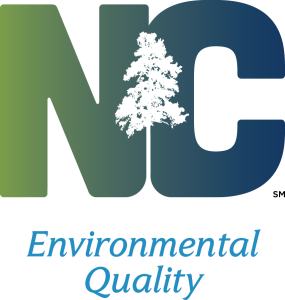Ocean and sound-side swimming waters may be polluted from excessive rains
 MOREHEAD CITY – State officials today advise the public to avoid swimming in all coastal waters statewide due to high rainfall and flooding from recent storms that may have led to excessive bacteria in the water.
MOREHEAD CITY – State officials today advise the public to avoid swimming in all coastal waters statewide due to high rainfall and flooding from recent storms that may have led to excessive bacteria in the water.
“Waters impacted by these storms can contain elevated levels of bacteria that can make people sick,” said J.D. Potts, manager of the N.C. Recreational Water Quality Program. “Floodwaters and stormwater runoff can contain pollutants such as waste from septic systems, sewer line breaks, wildlife, petroleum products and other chemicals.”
While state officials do not have laboratory confirmation of elevated bacteria in all coastal waters, test results of samples taken last week from several ocean-side swimming waters in Carteret, Onslow, Pender and New Hanover counties indicated the problem was widespread then. News releases were sent out advising the public against swimming in certain locations in these counties.
Since last week, additional widespread heavy rainfall has led to street flooding and sanitary sewer overflows.
The impacts are likely so widespread that signs may not be posted in all areas, but the public should avoid swimming in coastal waters until bacteriological testing indicates bacteria levels fall within the state’s and the Environmental Protection Agency’s standards.
This precautionary advisory will be lifted in part or in whole as test results become available.
The N.C. Recreational Water Quality Program in the Division of Marine Fisheries samples 204 sites at ocean and sound beaches weekly from April to October in accordance with federal and state laws. Enterococci, the bacteria group used for testing, are found in the intestines of warm-blooded animals. While the bacteria group does not cause illness itself, scientific studies indicate that enterococci may indicate the presence of other disease-causing organisms.
For more information about coastal recreational water quality, visit the N.C. Recreational Water Quality Program’s website at http://portal.ncdenr.org/web/mf/recreational-water-quality or on Twitter.com @ncrecprgm.
